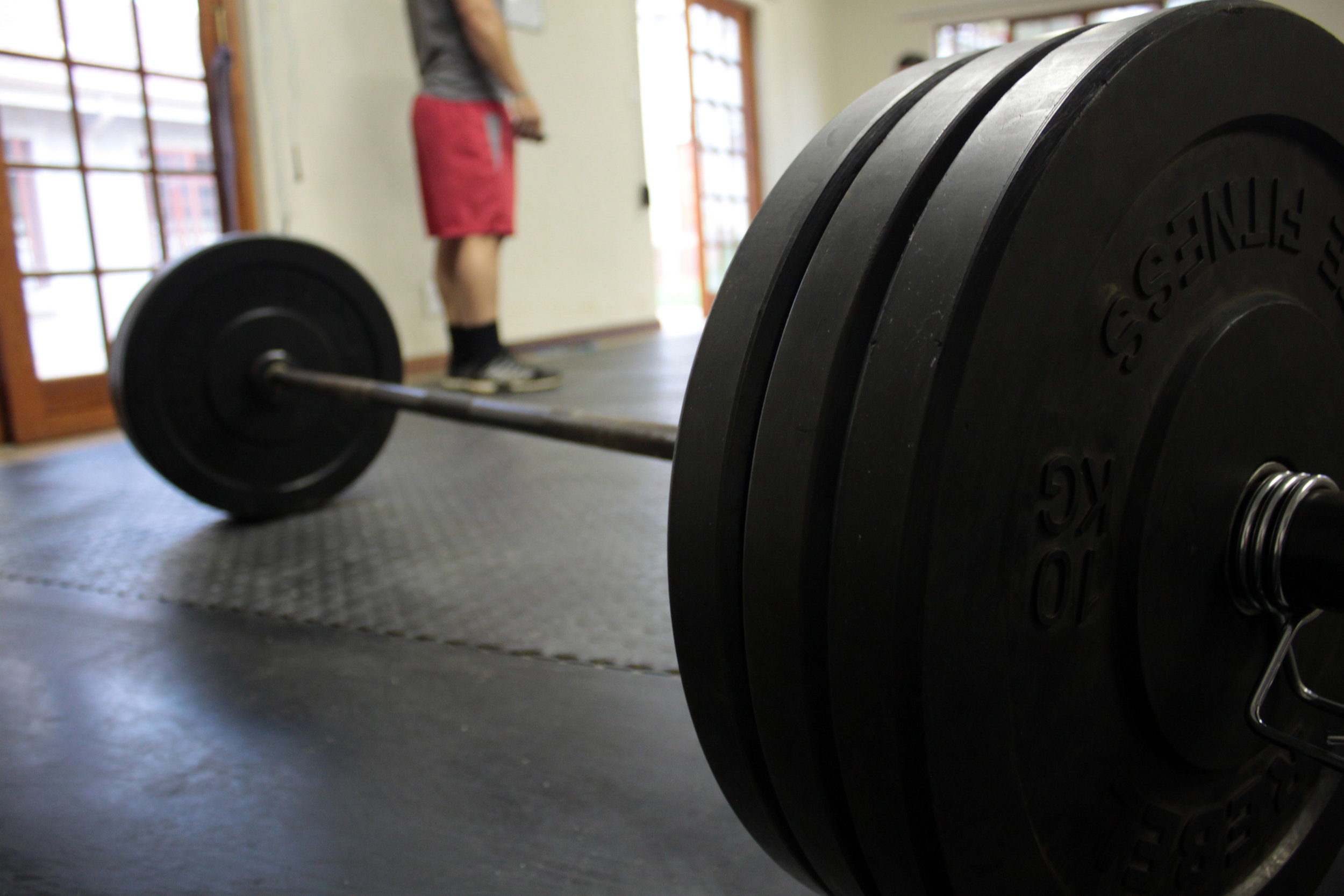

Why Strength Fluctuates
Strength fluxuations are a natural part of training and aren’t necessarily a sign that you’re not getting stronger or something is wrong with your training program. As long as there remains an upward trend over time, you’re good! Stress, sleep schedule, recovery time, and how much you’re eating can all effect how strong - or not - you are on any given day. Disrupted training, like going on vacation or being sick, can also cause a dip in strength, but these setbacks are usually minor and getting back to your pre-break levels happens relatively quickly. The changes in strength can often be small numbers, too small to be noticed when the minimum weight you add is at least 5 pounds. The use of smaller fractional plates help make the flucuations in strength more clear.

Should You Train To Failure?
Training to failure is sometimes heralded as a secret technique for gaining mass and strength, and sometimes demonized as being uniquely likely to cause injury. Here’s what the science says, and how you can effectively implement training to failure in your own training.

Solving The "Low Energy" Dilemma
Many exercisers struggle to exercise at the end of a long day, especially if they have demanding office jobs and inconsistent work schedules. Here are some strategies you can use to solve this common problem.

When And How To Deload The Right Way
Deloads are one of the most valuable tools the lifter has to combat over-exercising and manage recovery within a long-term training plan, but you have to know how and when to use them properly. Here’s how.

How Do Our Bodies Really Adapt?
How do our bodies respond and adapt to exercise? While this seems like a very basic question, most people don’t really know the basics.
